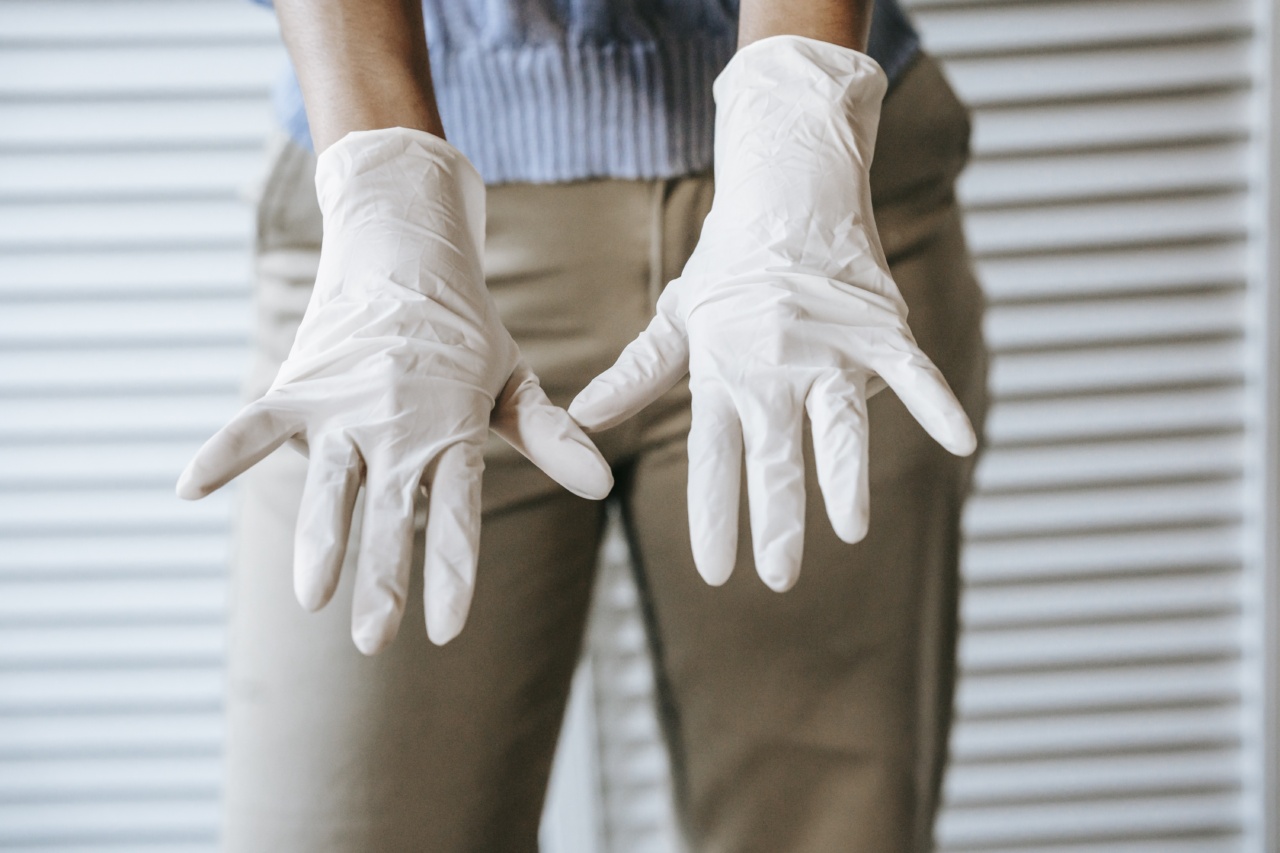Nail biting, also known as onychophagia, is a habit that many people struggle with. It can be a way to relieve stress or anxiety, or simply a bad habit that is difficult to break.
While it may seem harmless, nail biting can actually have several negative effects on your health. In this article, we will explore seven ways that nail biting is putting your health at risk.
1. Dental problems
Nail biting can cause a significant amount of damage to your teeth. Constantly biting your nails can lead to chipped, cracked, or worn-down teeth. It can also cause your teeth to become misaligned over time.
Additionally, the bacteria that live under your nails can enter your mouth and lead to gum infections or even tooth decay.
2. Infections
As mentioned earlier, the bacteria that reside under your nails can easily enter your body through nail biting. This can lead to various infections, including paronychia, which is an infection of the skin around the nails.
Bacterial infections can also lead to redness, swelling, and pain in the affected area.
3. Viral infections
In addition to bacterial infections, nail biting can also put you at risk of viral infections. Your hands come into contact with numerous surfaces throughout the day, some of which may harbor viruses such as the common cold or the flu.
By biting your nails, you increase the likelihood of these viruses entering your body through your mouth.
4. Digestive problems
When you chew on your nails, you are not only introducing bacteria and viruses into your body, but also a variety of germs and dirt. These substances can be harmful when ingested and can lead to digestive issues.
Stomach infections and nausea are common problems that nail biters may experience.
5. Nail infections
Constantly biting your nails can damage the nail bed, making it more susceptible to nail infections. Ingrown nails, fungal infections, and bacterial growth are all potential risks for nail biters.
These infections can cause pain, swelling, and even pus-filled sores around the nails.
6. Damaged skin
Biting your nails can also damage the skin surrounding your nails. The constant moisture from saliva and exposure to bacteria can lead to skin infections and irritations. It can cause the skin to become red, painful, and swollen.
In severe cases, chronic skin conditions such as dermatitis can develop.
7. Emotional well-being
Aside from the physical health risks, nail biting can also have negative effects on your emotional well-being. Many people bite their nails as a form of stress relief, but this habit can actually increase anxiety in the long run.
It can become a vicious cycle, as biting your nails may temporarily alleviate stress but also cause embarrassment and shame, leading to even more anxiety.
Breaking the nail-biting habit
If you are a chronic nail biter and want to break the habit, here are a few strategies that may help:.
1. Identify triggers: Pay attention to the situations or emotions that lead you to bite your nails. Once you know your triggers, you can find healthier ways to cope with them.
2. Keep your nails short: Trim your nails regularly to limit the temptation to bite them.
3. Apply a bitter-tasting nail polish: There are special nail polishes available that have a bitter taste, which can deter you from biting your nails.
4. Find an alternative: Substitute nail biting with a healthier habit, such as using a stress ball or chewing gum.
5. Practice stress management techniques: Find healthier ways to manage stress, like exercising, meditating, or talking to a therapist.
6. Seek support: Inform your friends and family about your goal to stop nail biting. They can offer encouragement and help hold you accountable.
7. Consider professional help: If nail biting is interfering with your daily life or causing significant emotional distress, consider speaking to a healthcare professional or therapist for additional support.
By taking these steps, you can reduce the negative impact of nail biting on your health and improve your overall well-being.































